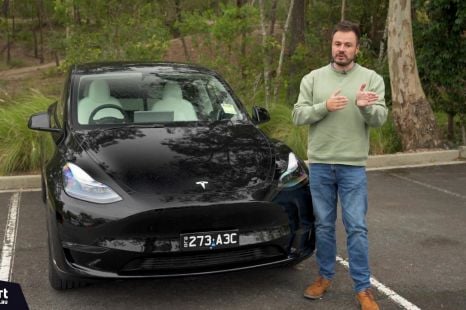

Paul Maric
This Tesla self-drove me 50km to Bunnings on its own (almost)
6 Days Ago
Germany's Chancellor has called on the nation's automotive industry to back itself despite looming threats from Chinese brands.

Contributor


Contributor
The German Chancellor has backed his country’s automotive industry amid increasing competition in the electric vehicle (EV) market from China.
Speaking to attendees at the opening of a new Mercedes-Benz battery recycling facility, German Chancellor Olaf Scholz called for the nation’s carmakers to back themselves in the showroom battle against China.
“Some say that China can do much better with electric motors than us,” Mr Scholz said, according to Reuters.
“German companies need not be afraid of this competition.”
100s of new car deals are available through CarExpert right now. Get the experts on your side and score a great deal. Browse now.
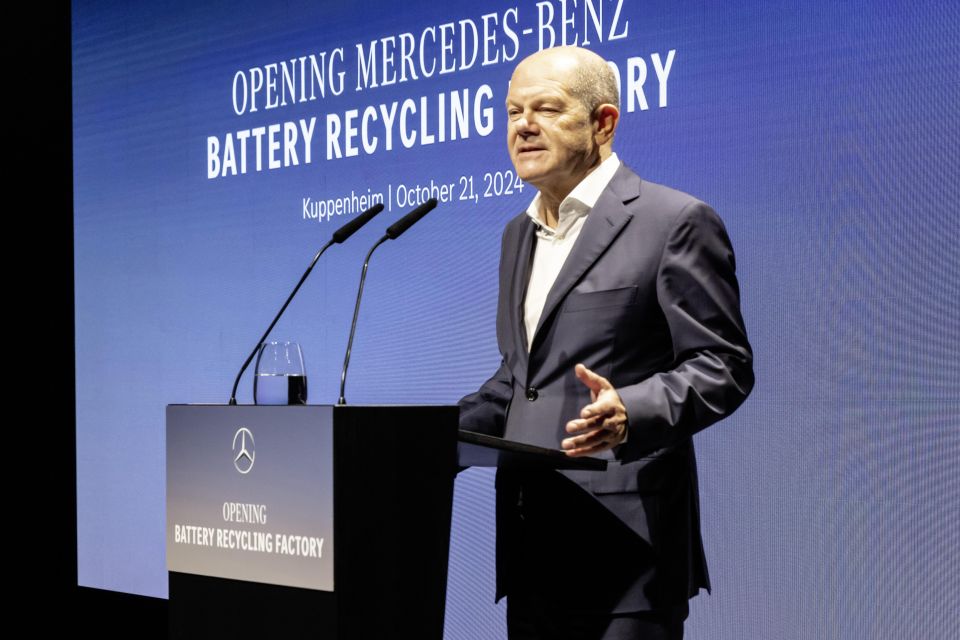
While Mr Scholz reportedly referenced how German brands have previously staved off competition from South Korea and Japan, he also continued his calls for Chinese EVs to not be hit with tariffs, as has now been mandated by the European Commission.
“I’m against tariffs that harm us,” he said.
In June, the European Commission announced it would impose tariffs ranging from 17.4 per cent to 38.1 per cent – on top of its existing 10 per cent tax on all imported vehicles – on EVs coming from China.
SAIC Motor – the parent company of MG and Maxus/LDV – is facing a 36.3 per cent tariff, while Chery, Great Wall Motor (GWM), Leapmotor, Nio, Xpeng and all face tariffs of 20 to 21 per cent.
Geely – which owns Volvo, Polestar and Lotus, among others – had its tariff revised to 19.3 per cent, while BYD was initially hit with a 17.4 per cent tax rate, since reduced to 17 per cent even.

Tesla, which builds the European-delivered Model 3 in China, was initially slugged with a 20.8 per cent tariff, though this doesn’t apply to the German-built Model Y or the Model S and X that are built in the US.
Following further investigations by the European Commission, Tesla had its tariff reduced to just nine per cent, though this doesn’t include the existing 10 per cent import tax.
The tariffs have been introduced in a bid to protect Europe’s auto industry, however, the impact of Chinese competition has already been felt, with even Volkswagen – long the region’s top seller – last month saying it’s considering closing some factories.
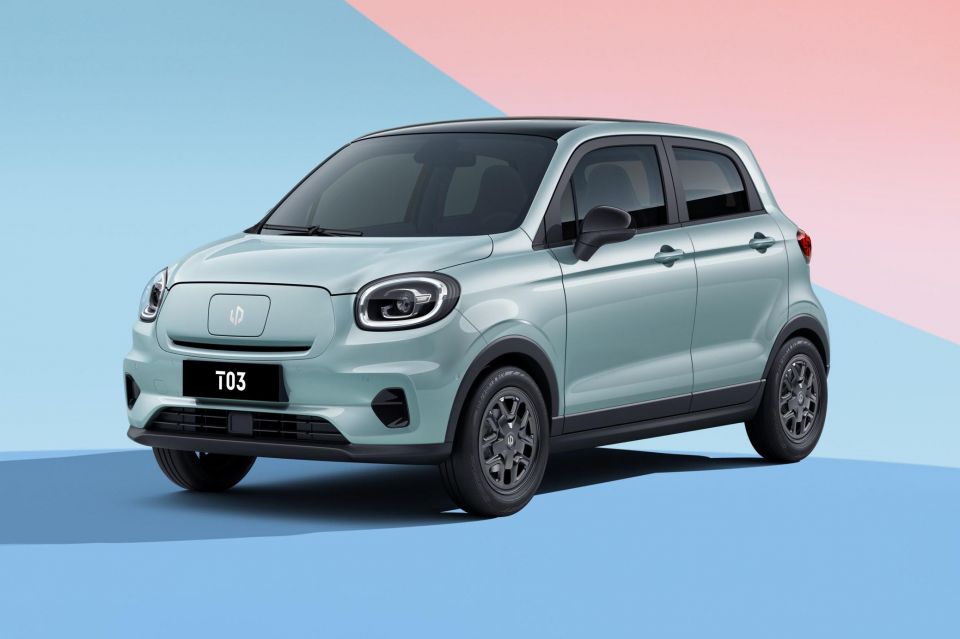
However, Europe’s tariffs on Chinese EVs could see retaliation in the latter market, with a government-affiliated auto group suggesting the country raise its tariffs on imported internal combustion sedans and SUVs with engines larger than 2.5 litres from 15 per cent to 25 per cent.
Exports of such vehicles from Europe to China totalled 196,000 units in 2023 in an 11 per cent year-on-year increase, according to data from the China Passenger Car Association.
Reuters additionally reports Germany’s exportation of sedans and SUVs with engines larger than 2.5 litres to China brought in US$1.2 billion (A$1.77 billion) in 2023.
MORE: Europe cuts Tesla’s tariffs amid ongoing pushback against Chinese EVs MORE: Volkswagen could close factories in bid to save billions – report MORE: Audi may kill one of its SUVs as EV demand cools MORE: Slow electric car sales doom production at iconic VW factory – report MORE: China fires back in tariff war with Europe and US MORE: Tariffs on Chinese EVs will make ‘everyone poorer’ – Germany
Born and raised in Canberra, Jordan has worked as a full-time automotive journalist since 2021, being one of the most-published automotive news writers in Australia before joining CarExpert in 2024.


Paul Maric
6 Days Ago
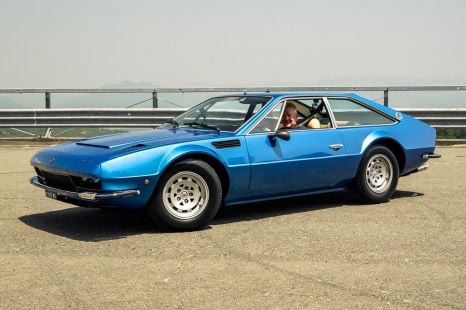

Anthony Crawford
5 Days Ago
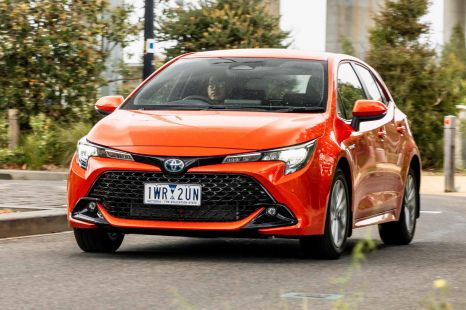

Max Davies
4 Days Ago
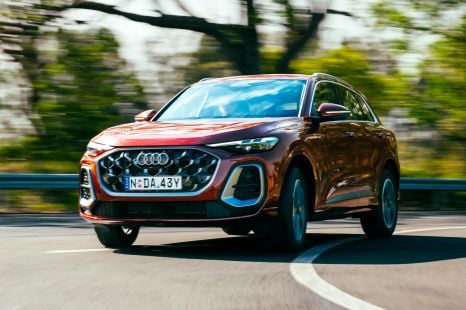

James Wong
3 Days Ago
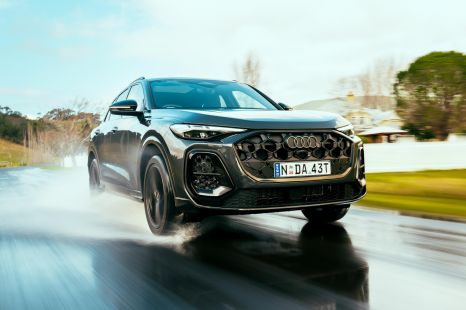

James Wong
2 Days Ago
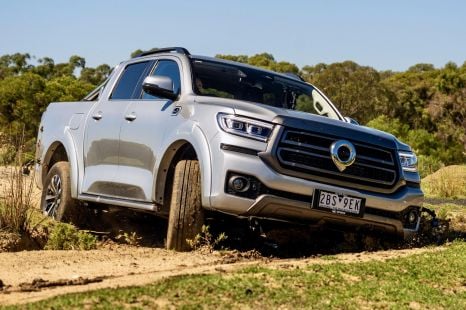

Max Davies
1 Day Ago